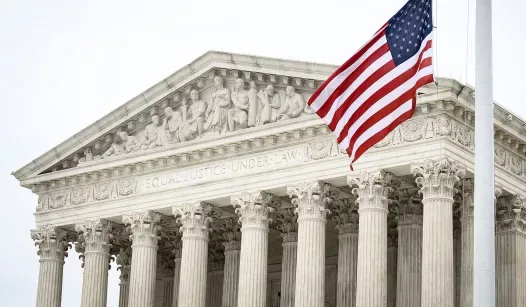The Supreme Court is poised to address a critical issue in the upcoming case of Louisiana v. Callais, which presents a significant opportunity to tackle the enduring problem of racial gerrymandering. This case could set a precedent that not only affects Louisiana but also reverberates across the nation, influencing how electoral districts are drawn and ensuring fair representation for all citizens.
Racial gerrymandering occurs when district lines are drawn in a way that deliberately dilutes the voting power of racial or ethnic minorities. This practice undermines the principle of equal representation and can skew electoral outcomes, often leading to a lack of accountability from elected officials to the communities they serve. As the nation grapples with ongoing issues of racial inequality and injustice, the Supreme Court’s decision in this case could play a pivotal role in shaping the future of fair electoral processes.
The background of Louisiana v. Callais centers on the state’s congressional district map, which critics argue has been manipulated to minimize the influence of Black voters. With Louisiana’s significant Black population, the configuration of districts has raised questions about whether the current map complies with the Voting Rights Act and the constitutional requirement for equal protection under the law. The case brings to the forefront the urgent need for reforms that prioritize fair representation over partisan advantages.
As the Supreme Court deliberates, the implications of their ruling extend beyond Louisiana. If the Court decides to put an end to racial gerrymandering, it could encourage other states to reevaluate their district maps, fostering a more equitable political landscape nationwide. Conversely, if the Court upholds the current practices, it may entrench systemic inequalities and perpetuate the disenfranchisement of minority voters.
The stakes are high, not only for the residents of Louisiana but for the integrity of the electoral process across the United States. Voter turnout, community engagement, and the overall health of democracy hinge on the fairness of districting practices. As citizens, it is crucial to stay informed and engaged with this case and its potential outcomes. Advocacy for fair representation and active participation in the political process can help ensure that all voices are heard and valued.
In conclusion, the Supreme Court’s decision in Louisiana v. Callais could mark a turning point in the fight against racial gerrymandering. By addressing this issue head-on, the Court has the opportunity to uphold the ideals of democracy and equality, paving the way for a more inclusive political system that reflects the diversity of the American populace. As we await the ruling, it is essential for everyone to recognize the importance of this case and its potential to shape the future of voting rights in the United States.
